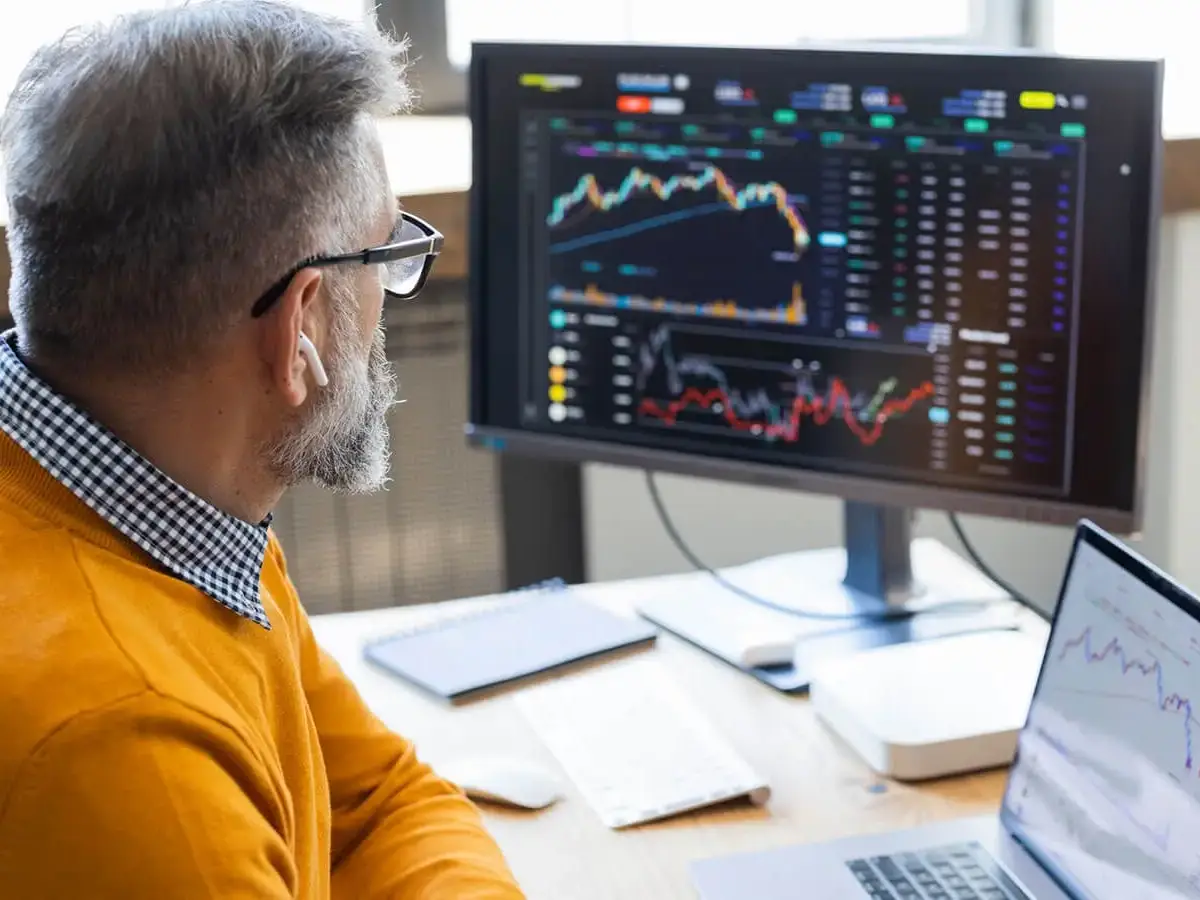### Navigating New Realities: Billionaires Watch as Tariffs Impact the Stock Market
In the constantly evolving world of finance, billionaire investors are facing daunting challenges that are surpassing the usual market fluctuations. As tariffs continue to dominate global economic conversations, their profound impact on the stock market has not only caught the attention of everyday consumers and policymakers but also the elite echelon of billionaire investors. These high-net-worth individuals, typically renowned for their strategic foresight and financial acumen, now find themselves in a precarious situation, adapting to a landscape reshaped by geopolitical tensions and trade policies.
#### The Tariff Effect on Global Markets
Tariffs, essentially taxes imposed on imported goods, are not a new tool in international trade. However, their recent implementation at significant levels has introduced a new layer of complexity to global markets. These tariffs are intended to encourage domestic production and consumption by making imported goods more expensive in comparison to locally-produced items. However, this tactic can also lead to increased prices for consumers and disrupted supply chains, ultimately reflecting in stock market performance.
The ripple effects of these tariffs have been evident as they contribute to market volatility and a climate of uncertainty. For investors, especially those with stakes in international businesses or those owning diversified global portfolios, the impact is direct and palpable. Stock markets react sensitively to any such policy shifts, and the recent spurts of tariff introductions have led to considerable market churn.
#### How Billionaires are Reacting
For billionaire investors, the strategy in such turbulent times often involves a mix of vigilance and adaptability. Many are closely monitoring the situation, ready to adjust their investment portfolios in response to new economic signals. Some might see a downturn as a buying opportunity, acquiring valuable stocks at lower prices, while others may opt for safer assets until the storm settles.
The larger concern among these investors, however, is the long-term implications of sustained trade conflicts. Prolonged periods of tariffs could lead to deeper economic disruptions affecting global supply chains, manufacturing, and consumer prices. This concern encourages a more cautious approach, prioritizing investments in sectors less likely to be affected by international trade disputes, such as technology or healthcare.
#### Broader Economic Implications
While the focus might be on the billionaires, the broader economic implications of ongoing tariffs are significant for everyone. Jobs, manufacturing processes, and even consumer habits are influenced by these policies. As industries adjust to higher production costs and potential market losses, the eventual strain filters down to everyday consumers. The interconnectivity of global markets means that the effects of tariffs in one realm can lead to unexpected consequences in another, further complicating the economic landscape.
#### Looking Ahead: Strategies and Solutions
For investors, staying informed and agile is more critical than ever. Diversification, traditionally a safeguard against market volatility, takes on new importance as different sectors react uniquely to trade tensions. Emphasizing research and thorough analysis helps in making informed decisions, mitigating risks associated with economic nationalism and protectionist policies.
Understanding the interplay between trade policies and market response will continue to be a significant skill for all investors, billionaires included. As the world watches how these tariffs will shape economic landscapes, the ability for high-net-worth individuals to adapt their strategies will likely dictate their success in this new, unpredictable investment climate.
In conclusion, as billionaires and casual investors alike navigate through these fluctuating economic waters, the lessons learned and strategies implemented will not only determine individual financial returns but also contribute to shaping the global economic future post-tariffs.










